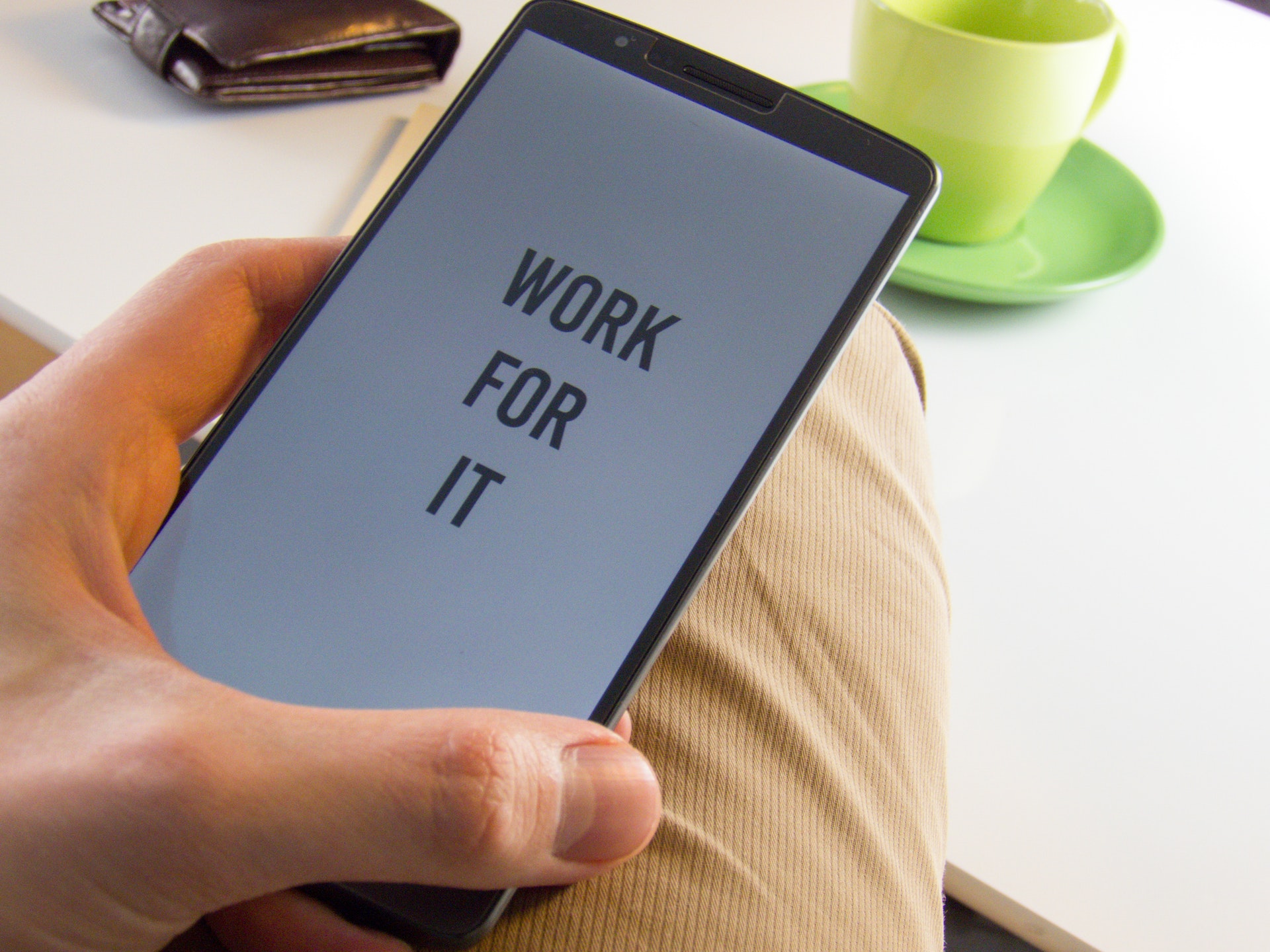- “Failure happens all the time. It happens every day in practice. What makes you better is how you react to it.” ― Mia Hamm
Life is tough (and rewarding too) for those who work hard. In the face of intense competition across various industries, it’s no brainer that employees are under constant pressure to deliver the goods consistently, day in, day out.
Amid all the confusion, stress, and negativity surrounding missed deadlines and hectic work schedules, one thing you should realize is that failures are normal at the workplace. These can happen to anyone, any time. There are days when you think that you gave your best but that was not good enough for your bosses.
I’m not saying that you should use “failure is normal” as an excuse; you’d be doomed for failure if you continue to hide behind your mistakes and look for an easy way out. The key to dealing with failures at work is how you react to them, and how you use them for bringing improvement to your professional skills.
Either you can allow failures to demoralize you, live inside your head, and adversely impact all other aspects of your life and start thinking about refreshing your resume — check out companyreviews for help on this or you can choose to sit back, analyze what went wrong, and learn from them to be a better version of yourself.
I have compiled a list of some valuable tips to help you deal with failures at the workplace and not let them make you go insane. At the end of the day, one project failure doesn’t define you, your skills, and the outcome of upcoming projects.
Six Healthy Ways To Overcome Failures At Work And Get Past Them
1. Accept How You Feel And Embrace Your Emotions

It’s alright to feel bad and hurt immediately after a failure. You are likely to go through a mix of emotions- anxiety, sadness, embarrassment, anger, guilt, to name a few.
These feelings are uncomfortable but you should allow yourself to experience them for some time.
Rather than thinking about your failure repeatedly, you should label your emotions and allow them to sink it than trying to reject it all and keep it away.
2. Remember That One Setback Doesn’t Make You A Failure

It’s shocking how some individuals can allow failures to ruin their lives. When you have a failure, ask yourself this question, “Does one failure mean the end of the world? Do all successful people never have failures in their lives?”
Remember, a setback doesn’t make you a failure in life. Don’t fall prey to destructive and self-fulfilling prophecies.
Keep telling yourself that just because you failed today doesn’t mean you won’t be successful tomorrow.
3. Don’t Use Excuses For A Failure

Failures are like a mirror that you can use to reflect on your shortcomings. You cannot use countless silly excuses to justify your mistakes.
Placing blame on other people or circumstances makes you look like a sore loser, and prevents you from being taken seriously. Being honest and upfront about your mistakes and learning from them to improve yourself in the future is the most effective way to deal with failures.
Such a practical approach also shows you in a good light, that you’re a dedicated professional who doesn’t shy away from responsibilities.
4. Motivate Yourself From Famous Failures

Who are famous personalities that inspire you? These could be sporstars, movie stars, politicians, or entrepreneurs. Have you ever read about how they faced failures multiple times in their lives only to learn from them and come out stronger and better? If not, then do some research on their early struggles and catastrophic failures they faced, and how they coped with those situations.
There’s no shortage of famous failures; from Henry Ford to Michael Jordan, Thomas Edison to Walt Disney, you’ll discover that behind every astounding success is a multitude of failures. They might have felt demoralized initially but they bounced back to carve out a niche for themselves.
You can learn and implement some of their skills on how to turn a problem into an opportunity.
5. Moving Forward Is The Name Of The Game

It’s easy to get stuck on your failure and let negative, self-destructive thoughts control your mind for days, weeks, and even months. We’ve talked earlier about how you should not mull over a failure for long.
Dwelling on your problems and contemplating on your mistakes won’t do you any good but finding solutions and creating a project plan to move forward will help you get out of the rut. Sit down and write down how you want to move forward from here, and how you plan to use information gained from failing to improve yourself in the future.
6. Improve Your Self Esteem

If you have a high self-esteem, no failure can drag you down for long and you’d be able to recover quickly. It also helps you to have a better understanding of why a failure happened in the first place. Not only do you take responsibility for your actions but you can also see to what extent others are at fault.
You can only blame yourself for things you did wrong but you also learn that it was pure bad luck or others’ mistakes that cost you a failed job. Remember that everything that goes wrong in your life is not 100% fault.
Epilogue
Failures are often seen as a curse, and people who fail at one thing are seen as the sinners. If you let failures dictate your thoughts and emotions for long, it can have a devastating impact on all aspects of your life; it can ruin your self esteem, peace of mind, relations, and overall health (both mental and physical).
Remember, failures can never be the end of the road. Even the clock that does not work shows correct times twice a day! Accept failure, analyze the reasons what went wrong and how, allow yourself to be disappointed for a day or two, learn from mistakes, and move on with greater zeal to achieve your goals.
I hope the tips listed above will help you deal with failures with a positive attitude, so you can use hurdles as a stepping stone to success.
Good luck!


